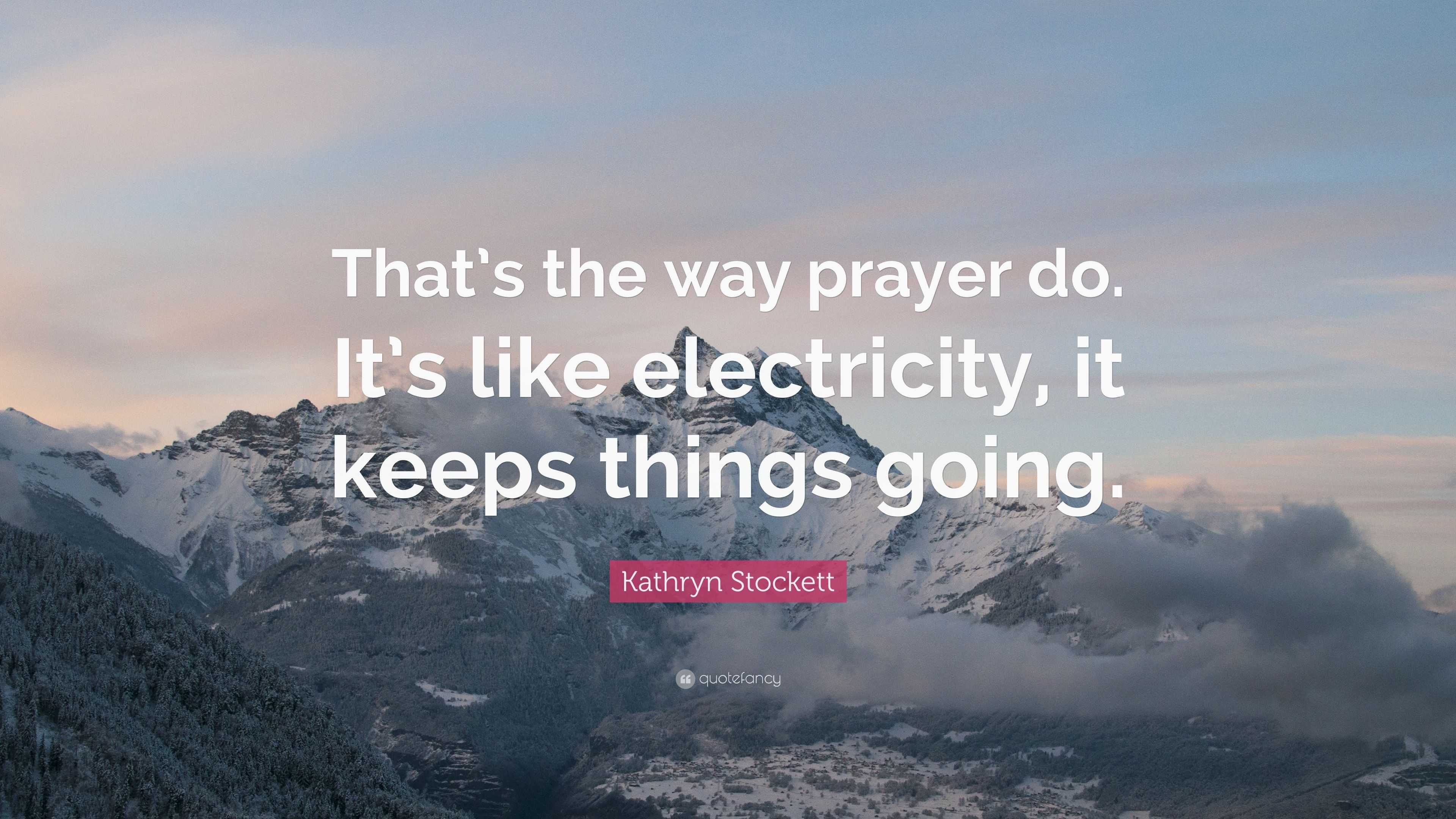

Prayer is necessary but never sufficient.
Thoughts and prayers do something full#
Your hands are full of blood" (Isaiah 1:15). As the prophet Isaiah warns, "Though you pray at length, I will not listen. We cannot praise God for divine acts of justice and mercy without hearing the call to imitate God through our own actions. Ultimately, prayer also forces us back into the world. And prayer enables us to seek strength from a connection both to the divine (however we conceive of divinity) and to the community praying with us. "Every night, I drench my bed I melt my couch in tears" (Psalms 6:7). Prayer frees us from our intellectualizing and rationalizing, breaks down the protective barrier around our hearts, and allows us to voice our pain and anguish. Prayer reminds us to reflect on others Rabbi Jill Jacobs, T’ruah: The Rabbinic Call for Human Rights, New York Prayer moves us beyond ourselves toward God’s promise. If God’s will is that we are to be selfless, then what benefit is it to act selfishly? If God’s will is that we are to be compassionate and to see the inherit dignity in creation, then what benefit is it for me to act contrary to that? Prayer helps us to remember God’s will for creation. Recognizing God’s role in creation puts the rest of life into perspective.

The promise that God is at work in spite of the evil of such events also empowers people of faith to act beyond what we so often see as the limit. Prayer grounds us in God’s mission and reminds us that God is active in the world. Prayer opens us to hear what God is calling us to do in a situation it is a way to find clarity in the chaos around us by turning to God, who is greater than our pain and anxiety. When people pray, we assume a posture of listening. Prayer isn’t just a matter of wishing that things would have turned out differently, although that is part of it. Prayer can be a powerful grounding force Pastor Kelly France, Bethlehem Lutheran Church, Minneapolis Their responses have been lightly edited and condensed for length and clarity. We talked to members of the clergy from different Christian denominations, and faith leaders from religious traditions more broadly, about the role of prayer after a tragedy and what it really means to offer “thoughts and prayers” to those in need.

Rabbi Danya Ruttenberg February 15, 2018 God wants you to know that you are responsible to care for and protect other people. God doesn’t want your thoughts and prayers. And for others still, it’s an excuse to do too little. For some others, it’s the first step toward taking meaningful real-world action. For some, it’s an opportunity to engage with a higher power, or to express sorrow, sympathy, or solidarity.
Thoughts and prayers do something movie#
It’s the title, too, of a particularly cynical Bo J ack Horseman episode about mass shootings, in which beleaguered film producers find themselves rolling their eyes while they trot out the phrase, again and again, in response to real events as they try to get back to the “actually pressing business of making sure the movie gets made.”īut for faith leaders from a variety of traditions, prayer - particularly prayer after a mass tragedy - is more than a byword for inaction. It’s the title of a satirical video game in which players are challenged to use “thoughts and prayers” to stop school shootings (spoiler alert: it doesn’t work). Offering “thoughts and prayers” after such tragedies is so common that it has become a model for performative sympathy and inaction. Keeping all affected in my thoughts & prayers.- Melania Trump February 14, 2018 My heart is heavy over the school shooting in Florida.


 0 kommentar(er)
0 kommentar(er)
